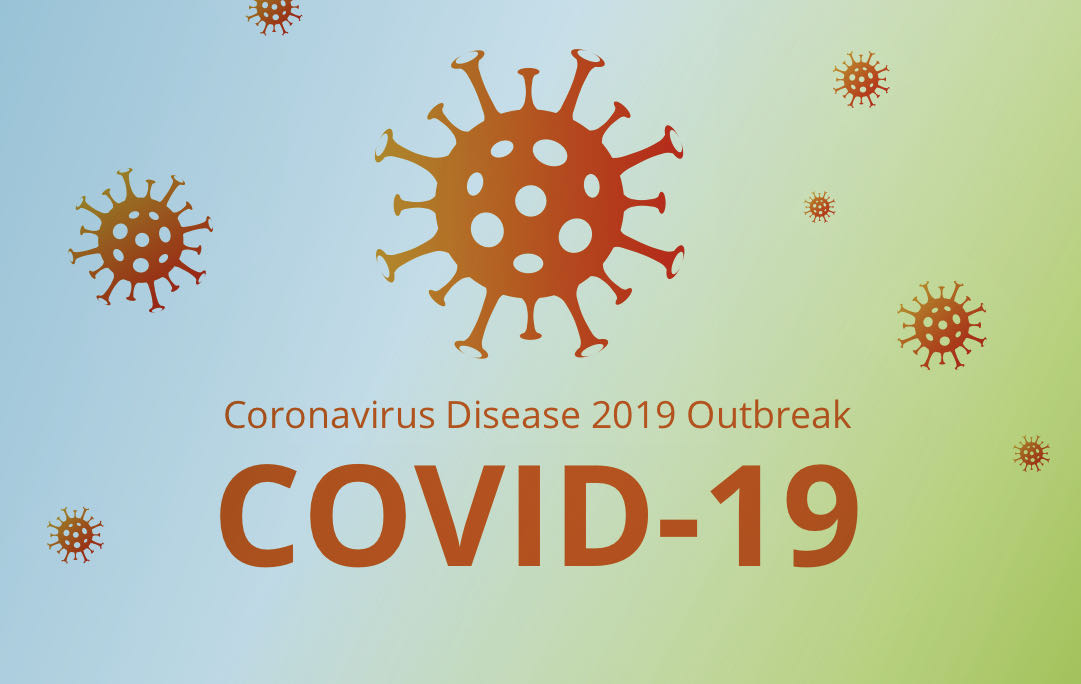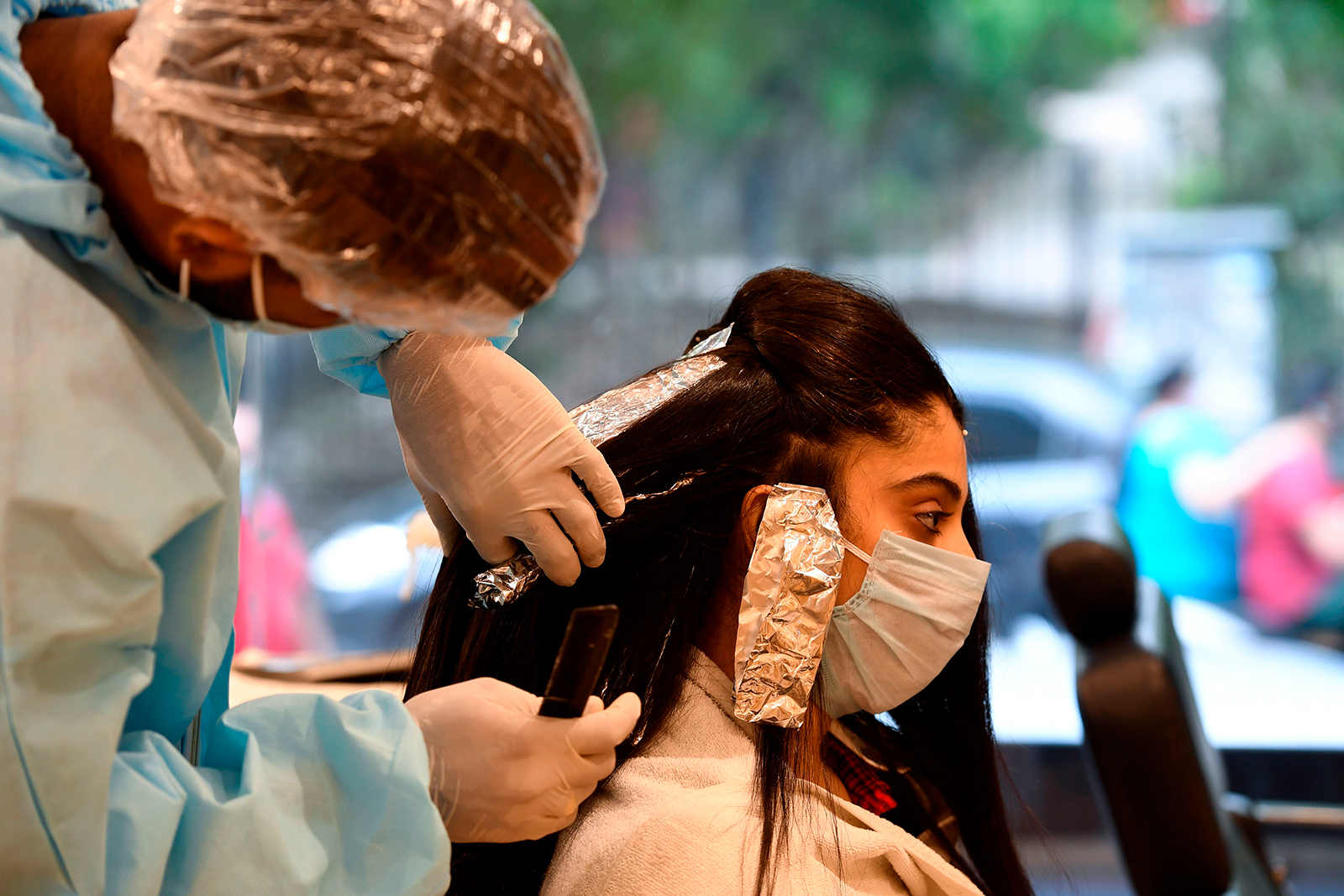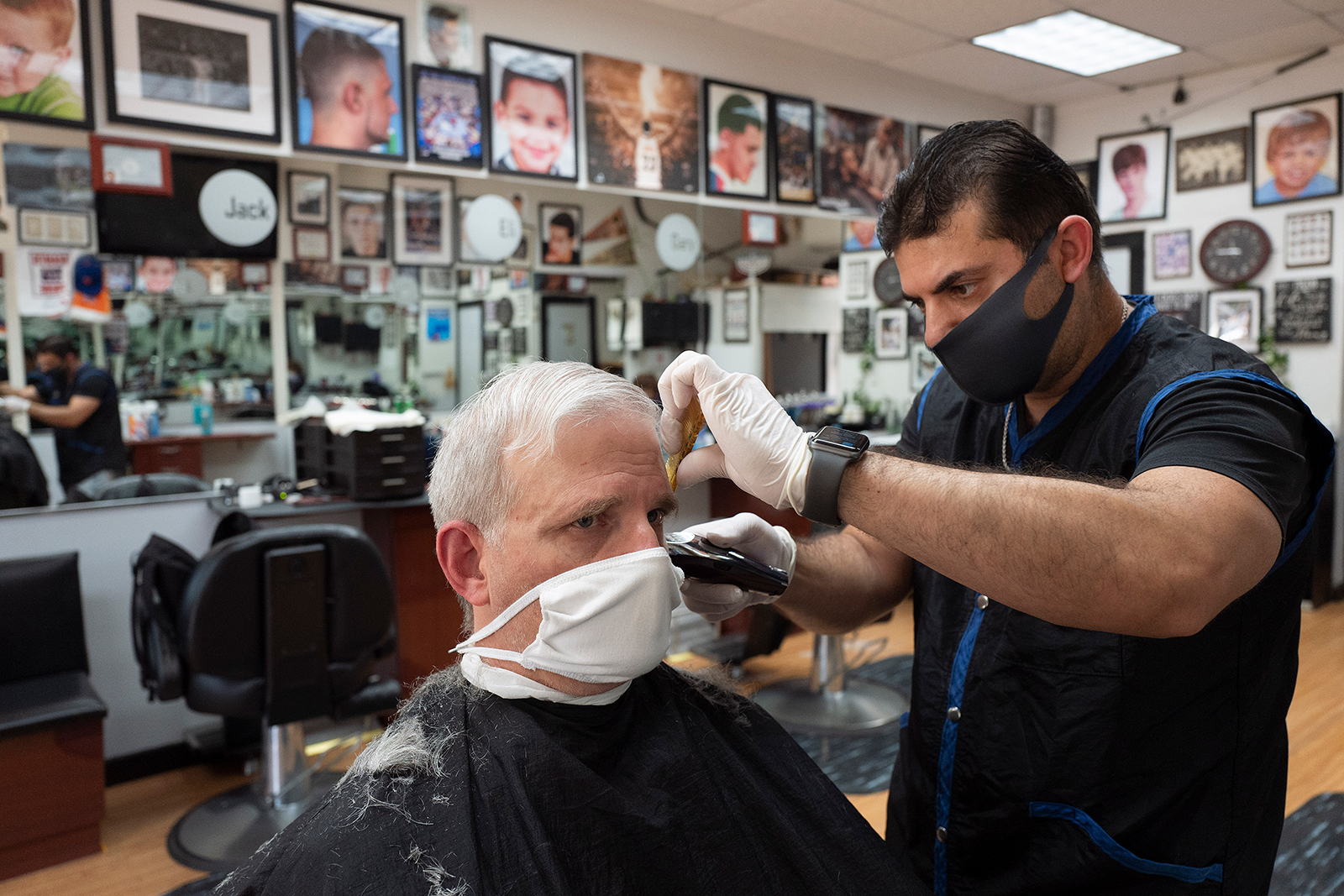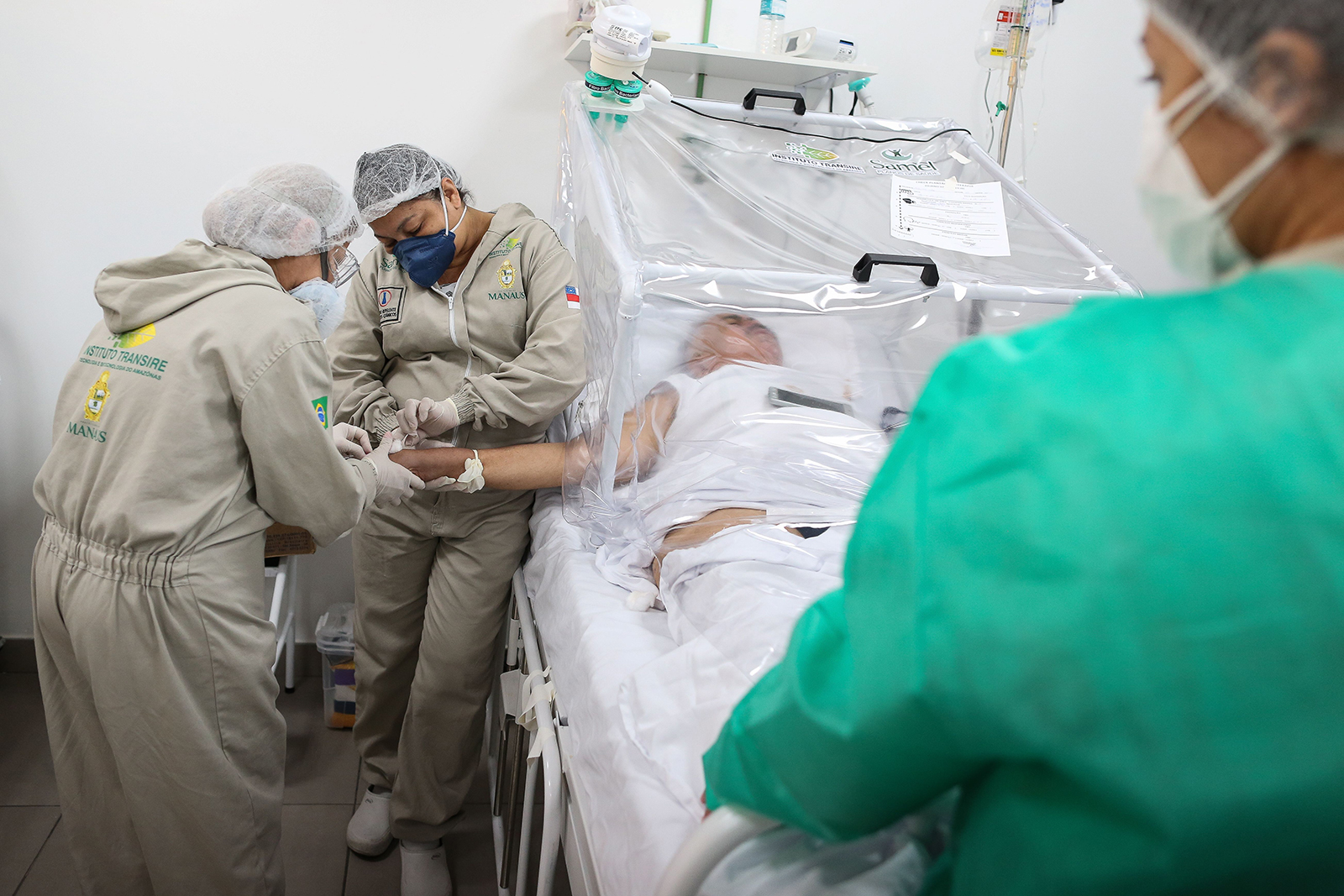
 i_need_contribute
i_need_contribute



|
# |
Country, |
Total |
New |
Total |
|
World |
7,310,832 |
+120,385 |
412,972 |
|
|
1 |
2,045,549 |
+19,056 |
114,148 |
|
|
2 |
742,084 |
+31,197 |
38,497 |
|
|
3 |
485,253 |
+8,595 |
6,142 |
|
|
4 |
289,140 |
+1,741 |
40,883 |
|
|
5 |
289,046 |
+249 |
27,136 |
|
|
6 |
274,780 |
+8,852 |
7,719 |
|
|
7 |
235,561 |
+283 |
34,043 |
|
|
8 |
203,736 |
+4,040 |
5,738 |
|
|
9 |
186,516 |
+311 |
8,831 |
|
|
10 |
175,927 |
+2,095 |
8,425 |
|
|
11 |
172,114 |
+993 |
4,729 |
|
|
12 |
154,591 |
+403 |
29,296 |
|
|
13 |
142,759 |
+3,913 |
2,283 |
|
|
14 |
120,102 |
+2,999 |
14,053 |
|
|
15 |
108,571 |
+3,288 |
783 |
|
|
16 |
108,317 |
+4,646 |
2,172 |
|
|
17 |
96,653 |
+409 |
7,897 |
|
|
18 |
83,043 |
+3 |
4,634 |
|
|
19 |
71,879 |
+1,721 |
62 |
|
|
20 |
71,675 |
+3,171 |
975 |
|
|
21 |
59,437 |
+89 |
9,619 |
|
|
22 |
52,991 |
+2,112 |
1,162 |
|
|
23 |
50,265 |
+812 |
282 |
|
|
24 |
47,903 |
+164 |
6,031 |
|
|
25 |
45,924 |
+202 |
4,717 |
|
|
26 |
43,917 |
+539 |
3,690 |
|
|
27 |
42,078 |
+1,359 |
1,372 |
|
|
28 |
39,904 |
+528 |
283 |
|
|
29 |
38,514 |
+218 |
25 |
|
|
30 |
36,829 |
+1,385 |
1,306 |
|
|
31 |
35,306 |
+421 |
1,492 |
|
|
32 |
33,140 |
+630 |
273 |
|
|
33 |
33,076 |
+1,043 |
1,923 |
|
|
34 |
30,988 |
+16 |
1,934 |
|
|
35 |
27,856 |
+394 |
810 |
|
|
36 |
27,560 |
+400 |
1,183 |
|
|
37 |
25,215 |
+8 |
1,691 |
|
|
38 |
24,761 |
+1,141 |
717 |
|
|
39 |
22,992 |
+518 |
1,017 |
|
|
40 |
21,459 |
+542 |
384 |
|
|
41 |
20,749 |
+145 |
1,354 |
|
|
42 |
20,415 |
+289 |
544 |
|
|
43 |
18,198 |
+712 |
83 |
|
|
44 |
18,180 |
+148 |
299 |
|
|
45 |
17,233 |
+379 |
403 |
|
|
46 |
17,210 |
+36 |
916 |
|
|
47 |
16,979 |
+11 |
672 |
|
|
48 |
15,731 |
+314 |
29 |
|
|
49 |
14,268 |
+787 |
392 |
|
|
50 |
13,949 |
+306 |
475 |
|
|
51 |
13,675 |
+350 |
217 |
|
|
52 |
13,464 |
+663 |
365 |
|
|
53 |
13,074 |
+215 |
61 |
|
|
54 |
12,001 |
+39 |
593 |
|
|
55 |
11,965 |
+69 |
250 |
|
|
56 |
11,852 |
+38 |
274 |
|
|
57 |
10,382 |
+117 |
724 |
|
|
58 |
10,201 |
+291 |
48 |
|
|
59 |
10,025 |
+218 |
365 |
|
|
60 |
9,751 |
+54 |
328 |
Source:https://www.worldometers.info/coronavirus/
Dr. Anthony S. Fauci in Washington in April.Credit...Anna Moneymaker/The New York Times
The top U.S. infectious disease expert, Dr. Anthony S. Fauci, delivered a grim assessment of the devastation wrought around the world by the coronavirus, describing Covid-19 on Tuesday as his “worst nightmare” — a new, highly contagious respiratory infection that causes a significant rate of illness and death.
“In a period of four months, it has devastated the whole world,” Dr. Fauci told biotech executives during a conference held by the Biotechnology Innovation Organization. “And it isn’t over yet.”
His discussion with a moderator was conducted remotely and videotaped for conference participants. Although Dr. Fauci said he had known that an outbreak like this could occur, one aspect surprised him: “how rapidly it just took over the planet.”
An efficiently transmitted disease can spread worldwide in six months or a year, but “this took about a month,” Dr. Fauci said. He attributed the rapid spread to the contagiousness of the virus and extensive world travel by infected people.
Vaccines are widely regarded as the best hope of stopping or at least slowing the pandemic, and Dr. Fauci said he was “almost certain” that more than one would be successful. Several are already being tested in people, and at least one is expected to move into large, Phase 3 trials in July.
But much is still unknown about the disease and how it attacks the body, research that Dr. Fauci described as “a work in progress.” Another looming question, he said, was whether survivors who were seriously ill would fully recover.
As the U.S. caseload approaches two million, here’s a look at other important developments around the country:

Students had their temperatures checked at a high school in Ulsan, South Korea, last week.Credit...Bae Byung-Soo/Newsis, via Associated Press
South Korea on Wednesday began requiring gyms, nightclubs, karaoke bars and concert halls to register visitors through smartphone QR codes, in the country’s latest effort to fight a new wave of coronavirus infections linked to entertainment venues.
Until now, these facilities have mostly asked their customers to write down their identities and contact information in rosters before entering. But when the authorities tried to track down customers after the new infections began cropping up last month, they found that much of the information was fake.
Under the new system, nightclubs and other facilities must install QR scanners, and customers must download a QR code that contains their basic personal information. Any QR codes that the government collects are to be automatically destroyed after four weeks.
South Korea’s project is just the latest effort worldwide to harness common consumer technology to track new cases. But privacy concerns have made the approach slower to catch on in the United States and Britain. And in China, the government’s virus-tracking software has prompted fears that it will randomly collect citizens’ information in the name of disease prevention.
There has not yet been a significant public debate over South Korea’s new QR code tracking system, although that may come as the government rolls it out.
Since last month, South Korea has eased its social-distancing restrictions, saying it was confident in its virus-containment strategy. But it has also urged the people to stick to preventive measures, and acknowledged that its goal is to keep the daily caseload below 50 until a vaccine is available.
South Korea’s daily caseload has fluctuated between 38 and 57 over the past week, and the country reported 50 new cases on Wednesday.
In other news from around the world:
As India continued to ease its lockdown on Wednesday, officials reported almost 10,000 new cases over the past 24 hours. Nearly 8,000 people in the country have died, and the total number of infections is approaching 300,000.
In Russia, where the number of cases is approaching 500,000, Moscow’s tough lockdown ended abruptly on Tuesday as a nationwide vote on extending President Vladimir V. Putin’s rule loomed. The Russian capital continues to report more than 1,000 new virus cases a day.
Malaysia, citing virus fears, has said it will ask Bangladesh to take back 269 Rohingya refugees who arrived by boat after months at sea.
The U.S. Agency for International Development issued regulations on Tuesday that broadly restrict its workers from using federal funding to buy surgical masks, gloves and other protective medical gear to confront the virus overseas, in order to keep that equipment available for health providers in the United States.
Britain on Tuesday abandoned plans to bring back all primary school students before the summer holidays. The Department of Education had aimed for the pupils to spend four weeks in classes, but many schools have said they are already full and cannot safely accommodate more.
Residents of Spain will have to continue to wear face masks even after the country officially lifts its state of emergency on June 21, the health minister, Salvador Illa, announced on Tuesday as the government presented its “new normalcy” plan.
In France, where the virus has killed over 29,000 people, the Paris prosecutor has opened an investigation into dozens of complaints over the authorities’ response to the epidemic.

Tedros Adhanom Ghebreyesus, the director general of the World Health Organization, in Geneva last month.Credit...Christopher Black/Agence France-Presse — Getty Images
Officials at the World Health Organization on Tuesday walked back an earlier claim by one of their colleagues that transmission of the virus by people without symptoms is “very rare.”
The officials called it a “misunderstanding,” but it’s not the first time the W.H.O.’s assessment has seemed to lag behind scientific opinion.
Even as agency leads the worldwide response to the pandemic, several scientists warned on Tuesday, it is failing to take stock of rapidly evolving research findings and to communicate clearly about them.
Another example: The agency delayed endorsing masks for the general public until Friday, claiming there was too little evidence that they prevented transmission of the virus. Virtually all scientists and governments have been recommending masks for months.
The W.H.O. has also said repeatedly that small airborne droplets, or aerosols, are not a significant factor in the pandemic’s spread, although a growing body of evidence suggests that they may be.
These scientific disagreements have wide policy implications. Many countries, including the United States, adopted lockdown strategies because they recognized that isolating only people who were sick might not be enough to contain the epidemic.
“On the one hand, I do want to cut the W.H.O. some slack, because it is hard to do this in an evolving pandemic,” said Dr. Ashish Jha, director of the Harvard Global Health Institute. “At the same time, we do rely on the W.H.O. to give us the best scientific data and evidence.”

During the coronavirus outbreak in April, the French Civil Protection set up a temporary base in a stadium in Paris, one of the largest municipal sporting complexes in the French capital.Credit...James Hill for The New York Times
It became the indispensable book of the pandemic, its French author revealing how society’s weaknesses and human frailties gave way to disaster.
As the coronavirus tore through France, intellectuals, historians and journalists cracked open their old copies in search of eternal truths in an unsettling time.
It was not Albert Camus’s “The Plague.’’ “Strange Defeat’’ by Marc Bloch, a scholarly dissection of the fall of France in 1940, has become the reference point to understand the underpinnings of what went wrong this time.
Why did France record one of the world’s highest Covid-19 death tolls and mortality rates? Why is it expected to suffer a catastrophic drop of 11 percent in its gross domestic product?
“Strange Defeat’’ described a country that, in 1940, believed it had the best army in the world but that was trounced by Hitler’s forces in six short weeks.
Bloch, a historian and army officer, wrote that an ossified bureaucracy and an out-of-touch elite had left his country without the proper defenses and without the critical capacity to adapt to a rapidly changing situation on the ground.
To some readers, the parallels to 2020 cannot be ignored.
In the early months of this year, as the virus ravaged China and then found a European foothold in Italy, France watched with confidence, seemingly secure behind a health care system that it has long believed to be one of the world’s best.
Once again, as in 1940, France’s historical rival, Germany, has come out ahead. Though Germany has recorded nearly 9,000 deaths, France’s death toll is more than 29,000.

A wooden boat carrying Rohingya migrants being detained in Malaysian territorial waters off the island of Langkawi in April.Credit...Malaysia Maritime Enforcement Agency/EPA, via Shutterstock
The Malaysian government, citing fears over the spread of the coronavirus, has said it will ask Bangladesh to take back 269 Rohingya refugees who arrived by boat after months at sea.
The refugees, who escaped genocide and persecution in Myanmar, were detained Monday in Malaysia after their dilapidated boat neared the island of Langkawi.
Malaysia has a history of turning back Rohingya refugee boats and can now cite the tightening of border controls over the virus as another reason to refuse them entry.
“The Rohingya should know, if they come here, they cannot stay,” Malaysia’s defense minister, Ismail Sabri Yaakob, told reporters on Tuesday.
About 730,000 Rohingya fled Myanmar in 2017 as the military waged a genocidal campaign of murder and rape. Others fled earlier, and now about a million Rohingya live in squalid camps in Bangladesh.
Leaving by boat, often at the mercy of human traffickers, is one of the few ways they can escape from the camps.
The boat that reached Malaysia is believed to have departed from Bangladesh in February with many hundreds of passengers aboard, but only 269 reached Malaysia. The fate of the others remained unclear as of Wednesday afternoon.
It also appeared unlikely that the refugees pose a coronavirus threat to Malaysia, which has reported just over 8,000 cases. The first report of the virus reaching the Bangladesh camps was not until mid-May.
Health experts fear that the spread of the virus in the crowded camps could be catastrophic.
Human rights advocates urged Malaysia to recognize the refugees’ rights under international law.
“The Rohingya who were on that boat are not criminals, but asylum seekers in need of safety and protection,” said Kasit Piromya, a former Thai foreign minister and a board member of Asean Parliamentarians for Human Rights.

Employees at an Amazon Fulfillment Center in Kent, Wash., wore masks and gloves last month.Credit...Ruth Fremson/The New York Times
After months of being embattled over its response to the coronavirus, Amazon is working to convince the public that its workplaces — specifically, the warehouses where it stores everything from toys to hand sanitizer — are safe during the pandemic.
The company is spreading its safety message after a period that Jeff Bezos, the chief executive, has called “the hardest time we’ve ever faced.” Amazon struggled to balance a surge of orders with the health concerns of the one million workers and contractors at its warehouses and delivery operations.
Workers at hundreds of its facilities became ill with Covid-19, and many blamed the company. At the height of the crisis, one executive said he quit over the firings of workers who had raised questions about workplace safety during the pandemic.
While Amazon has rolled out safety changes, many workers and officials said the measures were unevenly deployed and came too late.
The New York Times agreed to tour a warehouse in Kent, Wash., to see the changes that Amazon and many of its workers around the country had described.
The most significant transformation is the building’s entryway. When workers arrive, they are channeled past thermal cameras to take their temperatures. At a small stand enclosed in plexiglass, a worker hands out masks using tongs.
Workers then enter a makeshift testing center and are handed, via forceps, a self-service test kit for the virus. After administering the test, they seal the kit and place it into a green bin.
Sailors with the U.S. Navy were screened for coronavirus symptoms before boarding the Theodore Roosevelt last month.Credit...U.S. Navy, via Reuters
The agonizing tale of the coronavirus outbreak on the carrier Theodore Roosevelt starting in March led to the infection of hundreds of crew members, an emergency stop in Guam, the removal of the ship’s captain and the resignation of the acting Navy secretary.
But while the Navy and civic leaders in Guam struggled to quell the spread of the virus, naval officials and researchers at the Centers for Disease Control and Prevention began a medical investigation into the outbreak, the results of which were released on Tuesday.
The study found that, among a few hundred service members who volunteered to be tested and questioned about their experiences onboard and while in Guam, more than a third had enough functioning antibodies to Covid-19 to indicate they could have some protection against the virus, at least for a limited time.
Some were still showing the presence of neutralizing antibodies, which block the virus from binding to cells, three months after the onset of symptoms.
“This is a promising indicator of immunity,” said Daniel C. Payne, an epidemiologist and one of the lead authors of the study, which was undertaken in conjunction with the Navy. “We don’t know how long-lasting, for sure, but it is promising.”
In late April, after the outbreak began, naval medical officers began testing the volunteers. Blood samples were sent overnight from Guam to Georgia, where they were tested at the C.D.C. labs, using their own antibody tests.
The first testing found the presence of coronavirus antibodies in 228 (59.7 percent) of the volunteers. Of those, 135 (59.2 percent) had antibodies powerful enough to neutralize the virus and thwart infection.

Migrant workers lined up for food in Mumbai in April, during India’s lockdown.Credit...Atul Loke for The New York Times
Before the pandemic, India’s women were already dropping out of the labor force. Virus restrictions — and one of the worst economic slumps in decades — now threaten even more losses for them.
One national employment study conducted in May found that a higher proportion of women reported losing their jobs than men. Among Indians who remained employed, women were more likely to report anxiety about their futures.
The global slowdown could have especially stark consequences in developing economies, where about 70 percent of working women are employed in the informal economy, with few protections.
Although India recently lifted most of its lockdown measures in an effort to ease pressure on the economy, many women fear that even a limited degree of freedom will be difficult to regain.
Seema Munda, 21, kept refusing her parents’ pleas to get married. She slipped out of her conservative village in northern India and found work stitching shirts at a factory in Bengaluru, 1,000 miles to the south.
“This job liberated me,” she said.
But when the pandemic hit, Ms. Munda’s life of independence shattered as she became one of the 120 million Indians left jobless. After first being forced to take shelter in a school after losing her hostel room, Ms. Munda made a wrenching decision and boarded a train home.

Credit...Joan Wong
Since the virus began spreading in the United States, there has been an uptick in acts of violence and prejudice toward Asian-Americans. For many, these episodes represent a compounded bigotry: They are wrongly blamed for the pandemic, and they are lumped together as a single group.
The term “Asian-American” masks profound national and cultural differences in the name of representation. The Times asked 11 illustrators of Asian descent to create a self-portrait, reflecting on their heritage, their stories of immigration and how they identify as Asian-American.
“In the last couple of years we have become more visible and more heard,” writes Joan Wong, above, an American artist born to parents from Hong Kong. “It has made me feel less alone and injected me with more pride.”

Children sat apart from each other at a school in Huddersfield, England, on Thursday.Credit...Oli Scarff/Agence France-Presse — Getty Images
The British government on Tuesday abandoned plans to bring back all primary school students before the summer holidays amid growing concerns that filling up classrooms could lead to new infections.
The Department of Education had aimed for all primary schoolchildren to spend four weeks in school before the summer holidays, but many schools have said they are already full and cannot accommodate more children safely.
The education secretary, Gavin Williamson, said on Wednesday that the department’s plans were no longer feasible and that schools would be asked to take in as many children as possible while implementing social-distancing measures and a maximum class size of 15 students.
“The safety of our children, young people and staff remains my priority,” Mr. Williamson said addressing Parliament on Tuesday. “We are not able to welcome all primary school children back before the summer for a full month.”
“We all know how important it is for children and young people to be in education and childcare and it is vital that we get them back there as soon as the scientific advice indicates that we can,” he added.
Nursery school and three primary school year groups have been eligible to return to school since June. 1, but many students have stayed home because of safety concerns and capacity issues.
Source:https://www.nytimes.com/2020/06/09/world/coronavirus-us-usa.html
From CNN's Ryan Prior
Imagine taking a walk in your neighborhood, carefully staying 6 feet apart from others to ensure social distancing.
You see an elderly man collapse on the sidewalk, having a heart attack.
Everything you've heard of late tells you to avoid close contact with strangers, especially the elderly, during the pandemic.
Is it safe to perform CPR (cardiopulmonary resuscitation) to try to save his life? Or are you risking being infected with the novel coronavirus?
There's an answer: It's strongly encouraged that people perform CPR or chest compressions on others during the global pandemic, according to a report published by a group of Seattle emergency room physicians in the journal Circulation.
In fact, you may actually be hundreds of times more likely to save the dying man's life than you yourself are to die from Covid-19 by coming to his aid.
From journalist Rishabh Madhavendra Pratap in New Delhi

A hairdresser wearing personal protective equipment works on a customer at a hair salon in New Delhi on June 9. Prakash Singh/AFP/Getty Images
The Indian capital New Delhi could see as many as 550,000 cases of Covid-19 if by July 31, if the situation continues unabated, Delhi's Disaster Management Authority said Tuesday.
Delhi's deputy chief minister, Manish Sisodia, said authorities still need another 80,000 hospital beds to treat new patients.
More than 275,000 people in India have been diagnosed with Covid-19, according to data from Johns Hopkins University.
According to figures from the Indian government, the country is dealing with 133,632 active cases, while 135,205 have recovered or been discharged from hospital. A total of 7,745 have died.
In Delhi, more than 31,000 people have contracted the virus as of Wednesday afternoon. Of those, 11,861 have recovered and 905 have died.
From CNN's Jen Christensen
The New York City Health Department is encouraging people to "be creative" in its updated guidelines to help people have safer sex during the Covid-19 pandemic.
While the department still urges people to stay home as much as possible and minimize contact with others, the guidance says that during the pandemic people "will and should have sex."
The guidelines were created to reduce the risk of spreading Covid-19. They've been updated periodically to reflect the changing understanding of the disease.
The transmissibility of Covid-19 through sex hasn't been studied closely.
Scientists have found the coronavirus in feces and in men's semen, even after the men have begun to recover from Covid-19. That means there's a possibility the virus could be sexually transmitted, but not enough is known, and some scientists think it is unlikely.
Some researchers have suggested that while abstinence carries the lowest risk of infection, it's not a realistic option for many and the idea that sex would be "dangerous" could have "insidious psychological effects at a time when people are especially susceptible to mental health difficulties," according to a study published in May.

Howard Kaplan gets a haircut from Eli Gilkarov at Jack's Barbershop, on June 9, in Larchmont, New York. Mark Lennihan/AP
On Tuesday, 24,773 new cases Covid-19 were reported throughout the United States, according to data from Johns Hopkins University. At least 1,299 virus-related deaths were also reported.
Since the pandemic began, at least 1,985,670 cases of coronavirus have been idenitified in the county, killing at least 112,289.
From CNN's Homero DeLaFuente

Facade of Jordan Hare stadium on the campus of Auburn University in Auburn, Alabama. Shutterstock
Several universities this week joined a growing list of schools reporting coronavirus cases within their athletic programs.
Arkansas State reported that seven athletes from three sports programs tested positive last Wednesday. They were all asymptomatic and will remain in quarantine for 14 days, the university said.
Three football players from Auburn University in Alabama tested positive, an Auburn athletics spokesperson confirmed to CNN. The three athletes are asymptomatic and have been placed in self-isolation in a dorm away from the rest of the team.
The Texas Tech athletic department on Monday confirmed recent positive tests for Covid-19 within the men's basketball program. It did not provide a number of affected athletes.
The University of Iowa athletics department said out of the 237 Covid-19 tests administered to staff and athletes since May 29, one person has tested positive.
 Health workers assist a Covid-19 patient at the Gilberto Novaes Municipal Hospital in Manaus, Brazil on June 8. Michael Dantas/AFP/Getty Images
Health workers assist a Covid-19 patient at the Gilberto Novaes Municipal Hospital in Manaus, Brazil on June 8. Michael Dantas/AFP/Getty Images
Brazil recorded 32,091 new coronavirus cases on Tuesday, bringing the country's total confirmed cases to 739,503, according to the Brazilian Health Ministry.
This is the fourth day Brazil's Health Ministry has recorded more than 30,000 new cases in a 24-hour period since the outbreak started.
The ministry also reported 1,272 new Covid-19 deaths Tuesday, bringing the country's death toll from the virus to 38,406.
Brazil's new totals come after the Pan American Health Organization said Covid-19 "continues to spread aggressively" in Brazil, Peru and Chile in a news briefing Tuesday.
The Americas have reported more than 3.3 million cases of Covid-19 as of June 8 — more than any other region in the world, according to Dr. Carissa Etienne, director of the Pan American Health Organization.
Source:https://edition.cnn.com/world/live-news/coronavirus-pandemic-06-10-20-intl/index.html
Here are the key developments in the coronavirus pandemic from the last few hours:
Argentina confirmed more than 1,000 new cases in one day for first time. Argentina confirmed more than 1,000 new cases of coronavirus on Tuesday as the rate of new infections continued to rise just days after it extended lockdown measures in the capital Buenos Aires, the country’s largest city and epicentre for the virus, Reuters reports. Argentina’s Health Ministry logged 1,141 new cases in the past 24 hours, as well 24 deaths, pushing its totals to 24,761 cases and 717 deaths since the outbreak began in early March.
21 US states reported weekly case increases. On Tuesday, 21 US states reported weekly increases in new cases of Covid-19. Arizona, Utah and New Mexico all posted rises of 40% or higher for the week ended Sunday, compared with the prior seven days, according to a Reuters analysis.
Brazil restored on Tuesday detailed Covid-19 data to the official national website, following a scandal about the removal of cumulative totals and a ruling by a Supreme Court justice that the full set of information be reinstated.
WHO called for new lockdowns in Pakistan. The World Health Organization has told Pakistan it should implement “intermittent” lockdowns to counter a surge in coronavirus infections that has come as the country loosens restrictions, an official said Tuesday.
South Korea cases spiked again. South Korea’s coronavirus cases spiked to 50 new cases on Wednesday, after two consecutive days of fewer than 40 cases. “All but three of the locally transmitted cases were reported from the Seoul metropolitan area,” the Yonhap News Agency reported.
A group of EU member states called for medical and equipment stockpiles to be increased. The leaders of Denmark, Spain and Germany, as well as France, Belgium and Poland, called for measures to boost the bloc’s long-term resilience to public health crises and backed proposals for shared research and development of vaccines and treatment.
The epidemic in Mexico is advancing toward its peak level of infections, the World Health Organization warned. Mexico, where total confirmed cases exceed 120,000 and the death toll stands at about 14,000, began a gradual re-opening of the economy at the start of June.
Pakistan should implement intermittent lockdowns to counter a surge in infections, the World Health Organization advised. The increase has come as the country was loosening restrictions.
There have been sharp rises in reports of violence against women across Latin America, already a hotspot for gender-based violence, since the beginning of the coronavirus pandemic, the International Rescue Committee has said. Meghan Lopez, the IRC’s regional director for Latin America, said some women and girls were stuck with perpetrators 24 hours a day.
The world faces a food crisis worse than any seen for at least 50 years, the UN has warned. Social protections for poor people are urgently needed as the looming recession following the Covid-19 pandemic may put basic nutrition out of reach.
Nearly one in five people in Iran may have been infected with coronavirus since the country’s outbreak, a health official said. This meant the virus was “much less lethal than we or the world had anticipated”, said Ehsan Mostafavi, a member of the taskforce set up to combat Covid-19.
Zoos, safari parks and drive-in cinemas will be allowed to reopen in England from 15 June. Boris Johnson will make the official announcement on Wednesday.